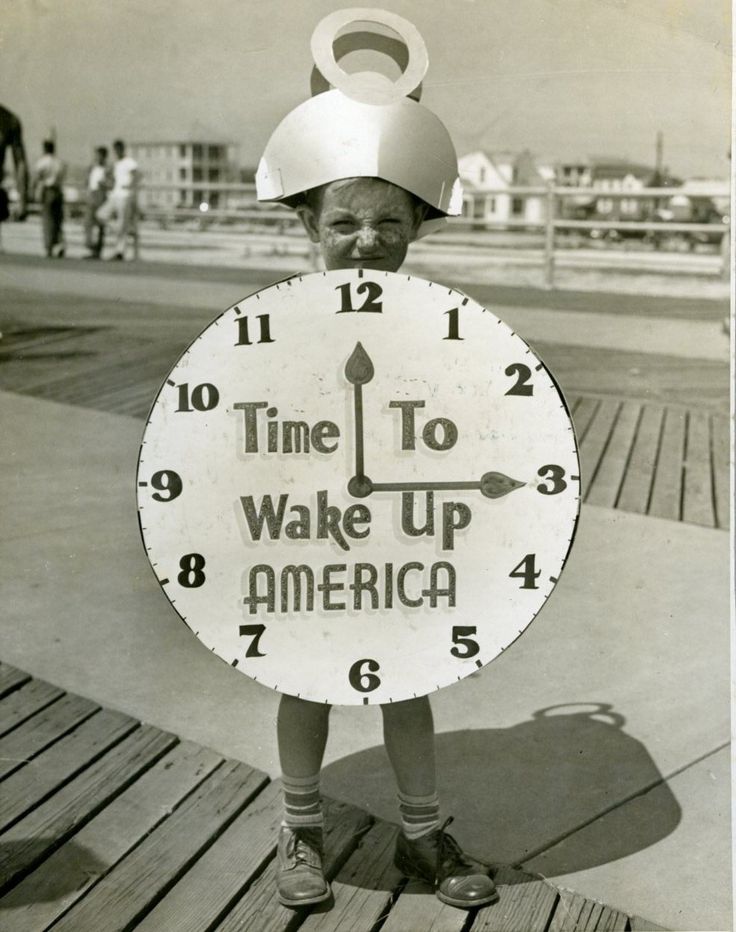Another blow for heartland workers: Slashed pensions
February was a bad month for Larry Burruel and thousands of other retired Ohio iron workers. His monthly take-home pension was cut by more than half from $3,700 to $1,600.
Things have been rough in the Rust Belt, but this was a particularly powerful punch in the pocketbook for Burruel, who started in the trade at 19 and worked 36 years before opting for early retirement to make way for younger workers. Unfortunately, this sagging industry doesn’t have enough younger workers to pay for retirees like Burruel, whose pension plan is in what the U.S. Treasury Department calls “critical and declining status.”
Burruel and the 400,000 members of his Central States Pension Fund are the canaries in the coal mine as far as pension cutbacks go. At least 50 Midwestern pension plans — mostly the kind jointly administered by trustees for a labor union and a group of employers — are in this decrepit condition. Several plan sponsors have already applied to the Treasury Department to cut back retirees’ allotments.
This cross-section of America includes more than a million former truck drivers, office and factory employees, bricklayers and construction workers who are threatened with cutbacks that could last the rest of their lives.
The Central States Pension Fund was the first to actually be approved for this triage under a 2014 law known as the Multiemployer Pension Fund Reform Act. Many pension advocates call it unfair.
“It was run through Congress in the dead of night, and President Obama — who was supposed to be for the working class — signed it,” complained Burruel. The fund is overseen by attorney Kenneth Feinberg, known for dividing up huge settlements in cases such as the 9/11 terrorist attack and the BP (BP) oil spill in the Gulf.
However, it’s not clear what would be fair. The hammer is falling on the private pension funds that are running out of cash. And those shortfalls have many reasons. “The stock market crash had a huge effect,” said Outreach Director Joellen Leavelle of the Pension Rights Center. “Some plans lost billions.” It was a loss from which they never recovered.
When people such as Burruel retired, fewer workers in fewer jobs were available to contribute to the pension plan. That created a lopsided and unsustainable equation. Low interest rates made matters worse. The area economy was yet another factor.
Although things improved economically on both coasts, the Ohio region where Larry and his fellow workers lived remained depressed. When companies there failed, they couldn’t continue to pay pension benefits and, in some instances, declared bankruptcy.
This placed a burden on other failing companies’ pension plans and ultimately the U.S. government’s Pension Benefit Guaranty Corp., which picks up a portion of a bankrupt company’s pension liability. But the PBGC is limited to payments of slightly more than $1,000 a month in cases of multiemployer funds. And since the PBGC itself is on the verge of bankruptcy, private pensioners like Burruel might endure even bigger cuts if the situation persists.
For now, both healthy public pension funds and private pension funds aren’t at risk. But for those who are affected, it hurts a lot, said Pat Overstreet of Hinckley, Ohio. She and her former iron worker husband refinanced their home to pay for their daughter’s brain tumor treatment. But since his pension has been cut from $2,500 to $930, they may lose their house, she said.
Pensioners like Burruel and Overstreet said they were used to receiving that monthly letter saying their pension plan was “critical.” But then came the more ominous letter reporting the plan was “critical and declining.” That was the tip-off. And the final letter said the plan sponsor had applied for retiree cuts.
For the iron workers, that meant battling to save what they could — not only against attorney Feinberg, but against part of their own membership — the disabled and those over the age of 80.
Burruel believes his nearly 60 percent monthly payment cut is unfair and that it should be 20 percent across the board. But, inevitably, certain groups are favored over others, one reason the former union leadership was voted out, he said.
This type of dissension will likely spill into union halls across the Midwest as more and more plans are slashed. “We are pitted against each other,” said Overstreet. “Those who worked the hardest and made the most are going to get hit the worst.”
Some would argue that these union workers should have contributed to IRAs because these investments can’t be touched. But that wasn’t the way these union workers thought. “When my husband got raises, everything went into the pension,” said Overstreet. And you looked out for your fellow worker, including the younger guy who was going to take your place and help you in your retirement.
“They encouraged me to retire early,” said Burruel. “Now I’d like to get at least a part-time job, but my knee and hip replacements make that impossible.”
Unfortunately, this is only a glimpse into the future awaiting at least a million pensioners in the Rust Belt and elsewhere. The New York State Conference of Teamsters applied for cutbacks then withdrew its application, but it plans to reapply, said pension rights advocate Leavelle. In the meantime, several states’ public pension funds are running dry, including Illinois, New Jersey and Connecticut.
“This is going to hit everyone,” predicted Overstreet, “public employees, too.”






